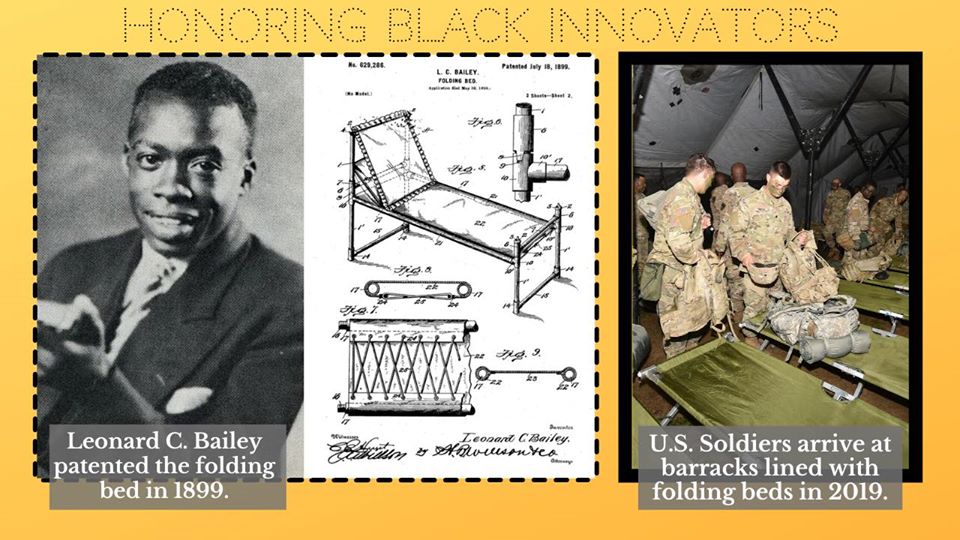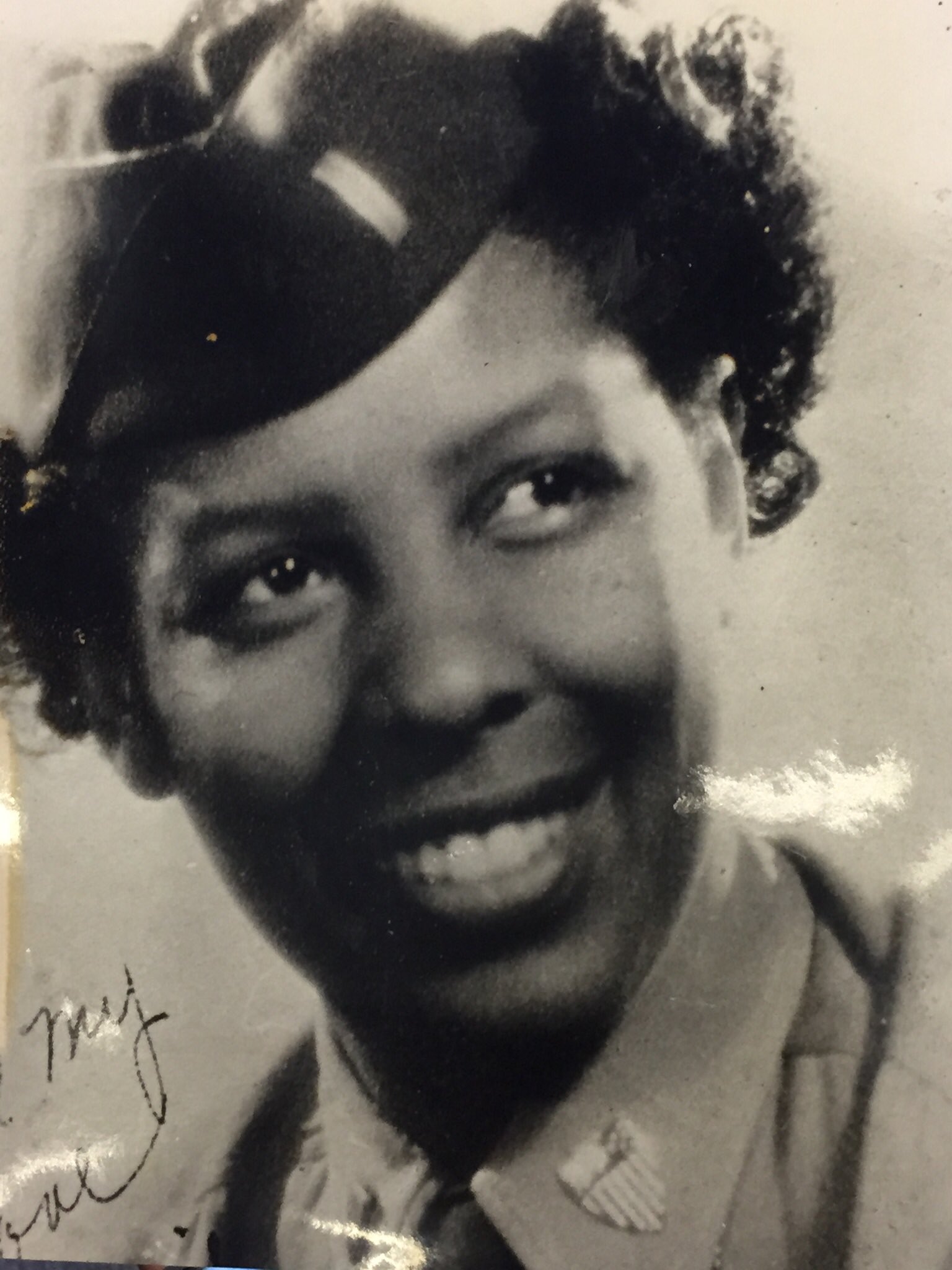Gwen Gamble had just been released from jail and didn’t want to go back. Shortly before the crusade, the teenager had been arrested for participating in a lunch-counter sit-in and jailed for five days. “We were put in with people who had actually broken the law. It was scary. They weren’t nice,” says Gamble, who was 15.
She and her two sisters were trained by the movement to be recruiters for the Children’s Crusade. On the first day of the march, they went to several schools and gave students the cue to leave. They then made their way to 16th Street Baptist.
“We left the church with our picket signs and our walking shoes,” says Gamble. “Some of us even had on our rain coats because we knew that we were going to be hosed down by the water hoses.”
“The Birmingham campaign was a crucial campaign,” says Clayborne Carson, director of the Martin Luther King Jr. Research and Education Institute at Stanford University. “He had never led a massive campaign of civil disobedience before, and there were not enough adults prepared to be arrested. So the Children’s Crusade turned the tide of the movement.”
She and her two sisters were trained by the movement to be recruiters for the Children’s Crusade. On the first day of the march, they went to several schools and gave students the cue to leave. They then made their way to 16th Street Baptist.
“We left the church with our picket signs and our walking shoes,” says Gamble. “Some of us even had on our rain coats because we knew that we were going to be hosed down by the water hoses.”
“The Birmingham campaign was a crucial campaign,” says Clayborne Carson, director of the Martin Luther King Jr. Research and Education Institute at Stanford University. “He had never led a massive campaign of civil disobedience before, and there were not enough adults prepared to be arrested. So the Children’s Crusade turned the tide of the movement.”





